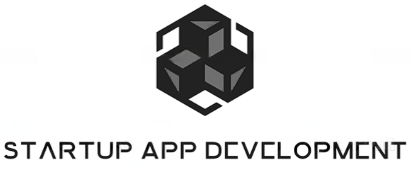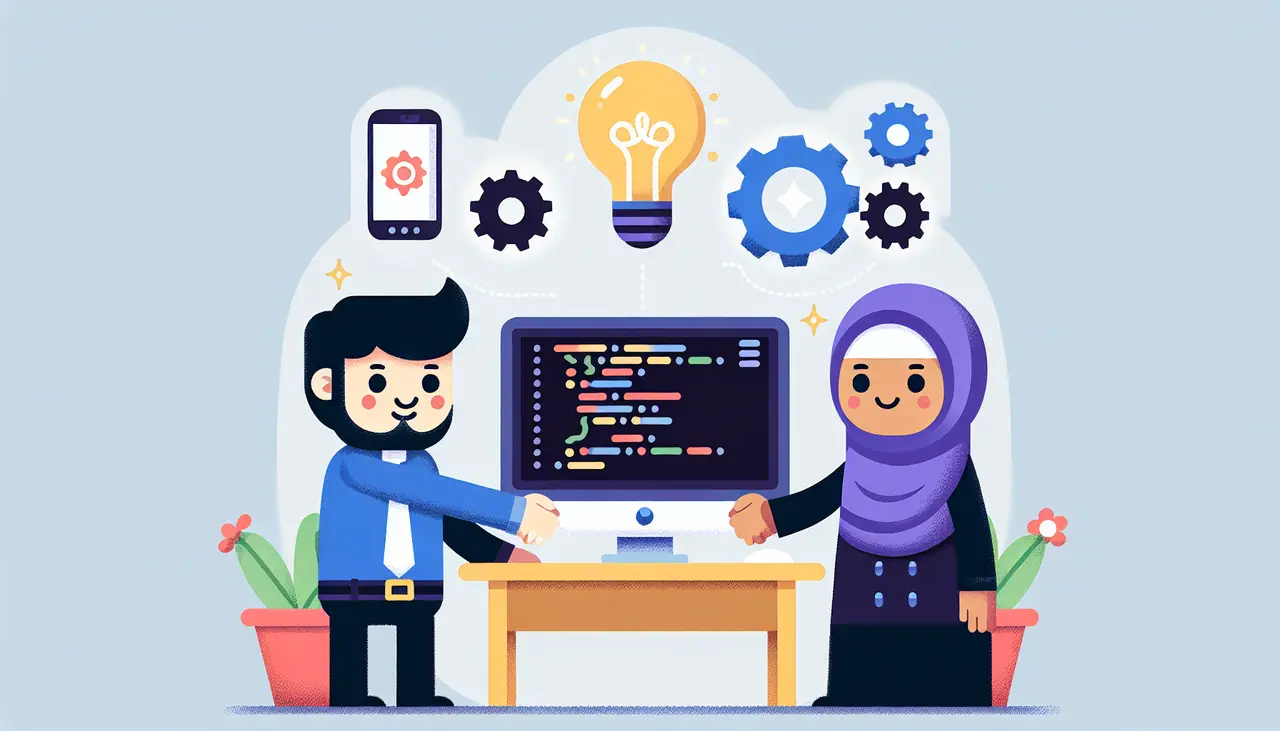Finding the right development partner is crucial for the success of your project. With numerous options available, making the right choice can be overwhelming. This blog will guide you through essential factors to consider when selecting a development partner, ensuring your collaboration is effective and successful.
Understanding Your Goals and Requirements
Before searching for a development partner, it’s essential to clearly define your project goals and requirements. Understanding what you want to achieve will help you identify a partner that aligns with your vision and has the necessary expertise. Delve into your project’s nitty-gritty by considering aspects like target users, expected functionalities, and your product’s unique value proposition. Laying a strong strategic foundation can save headaches later, allowing both parties to have a lucid understanding of the objectives and deliverables from day one.
It’s worth noting that the clearer your objectives are from the outset, the easier it will be to filter out potential partnerships that do not align with or understand the intricacies of your industry. Having a well-defined roadmap not only dignifies your pursuit of a suitable development partner but also paves the way for fruitful initial discussions. With this clarity, you can stand out as a well-prepared partner worth engaging with.
One practical step you can take is developing a requirements document, which will act as a reference point throughout the partnership’s lifecycle. For insights on effective requirement planning, consider exploring this resource that offers valuable tips on choosing the right software development partner who fits your business needs seamlessly.
Evaluating Experience and Expertise
Assess the experience and expertise of potential development partners. Look for partners with a proven track record in your industry and projects similar to yours. Their experience will be invaluable in navigating challenges and providing innovative solutions. An expert developer can tailor their approach to fit your needs, overcoming even unanticipated hurdles. Their past projects and client testimonials are testaments to their capabilities and provide confidence in their ability to realize your vision.
Exploring their specialization and areas of expertise is another integral step. A development partner with a deeper concentration in particular technologies, like custom software development, can provide insightful recommendations that elevate your project to new heights. Getting insights into their process and methodologies ensures that the team can deliver effectively within your operational context while maintaining alignment with current market standards and innovations.
Assessing Communication and Collaboration Skills
Effective communication is crucial for any successful partnership. Choose a partner who values open and transparent communication and demonstrates strong collaboration skills. This will ensure a smooth workflow and a positive partnership experience. Establishing early a communication protocol minimizes misunderstandings, fosters trust, and keeps all stakeholders updated on the project’s progress. Choosing a development partner who can harmonize with your core team can drastically shift the trajectory of your project towards success.
Collaborative efforts also mean working cohesively to adapt to unforeseen changes or pivots. It’s wise to assess a potential partner’s willingness to engage in iterative dialogues, which are part and parcel of a robust development process. Dialogue engenders innovation, empowering your product to evolve through user feedback and stakeholder interactions, an approach emulated by industry leaders such as NE Lock, who emphasize real-time feedback for product refinement.
Reviewing Client References and Testimonials
Gather insights from previous clients by reviewing references and testimonials. This feedback will provide valuable information about the partner’s reliability, quality of work, and overall professionalism. Past client experiences are windows into a partner’s capabilities and their ability to stick to timelines and budgets—a crucial factor in making an informed decision. Reviews often touch on the nuanced strengths a partner brings to the table, such as their approach to problem-solving or their adaptability during project transitions.
Reaching out directly to previous clients, if possible, can add another layer of discernment by offering you candid feedback not always captured in written testimonials. They can share firsthand experiences, flag potential areas of concern, or illustrate any standout qualities the development team might possess. This practice can be the difference between a short-lived contractual engagement and a long-term, enduring partnership rooted in trust and mutual understanding.
Considering Flexibility and Adaptability
In a fast-paced environment, flexibility and adaptability are key. Choose a development partner who can adjust to changing requirements and environments. This trait will keep your project on track even when unforeseen challenges arise. Whether the changes stem from evolving market demands or strategic shifts within your company, the ability to pivot swiftly while maintaining operational momentum is paramount.
An adaptable partner can treat these changes as opportunities for growth rather than disruptions. By embracing an agile methodology, they can iterate quickly and integrate new insights or feedback into the project efficiently. This approach, as demonstrated in cases like agile development, permits a dynamic response to user feedback and industry trends, setting your project on a path of sustainable success.
Evaluating Cost and Value
While cost is an important factor, it’s essential to focus on the value a development partner brings to the table. Consider the quality of services, innovation, and long-term benefits, rather than simply opting for the lowest price. A partner offering competitive rates may be appealing, but ensure their offerings include strategic elements like comprehensive support, user-centric designs, and scalable solutions that evolve with your business needs.
Uncover hidden gems by delving deeper into initial cost estimations and assessing the true value over a broader timeline. Take note of what each potential partner includes in their pricing models, such as post-launch support or roadmap consultations. Balancing cost with value can guide you towards a decision where innovation and resource optimization intersect harmoniously, ensuring that your partnership is a smart investment in your project’s future.
Making the Right Choice for a Successful Partnership
Choosing the right development partner involves more than just reviewing portfolios and comparing prices. It’s about finding a team that aligns with your goals, understands your vision, and is committed to delivering quality. By considering the factors outlined in this blog, you’ll be better equipped to make an informed decision and foster a successful partnership. For expert guidance in navigating these waters, consider exploring the opportunities we offer at Startup App Development.


